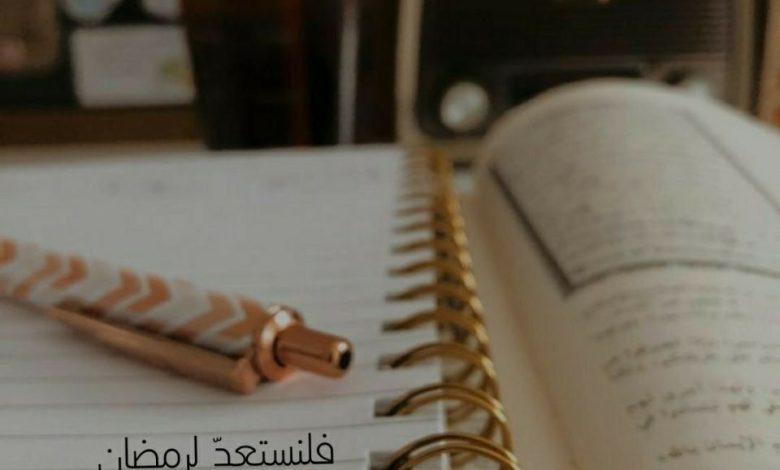
_Imām Ibn Qudāmah Al-Maqdisi -rahimahullāh-_
Said:
*MISTAKE IN THE IMPLICATION OF A STATEMENT.*
Know verily that, mistake in the meaning of a statement which has to do with the affairs of the dīn, especially that which relates with knowing Allāh Ta’āla, people use to fall in errors regarding it except the ulamaa, thus, whosoever has little knowledge his statement will surely not seize from mistake, but Allāh will in shā Allah forgive him due to his ignorance.
Example of this is what was reported from the prophet (ﷺ) that He said:
_لايقل أحدكم: ما شاء الله وشئت، ولكن ليقل: ماشاء الله ثم شئت._
_Do not say: what Allah willed and I willed, rather you should say: what Allah willed then I willed.”_
Transmitted by Imām Ibn Mājah#2117. Shaykh Al-Albāni declared it as Hasan in Assahīhah#1093.
For the conjunction word ‘and ‘ shows partnership and equalization while the word ‘then’ doesn’t indicate that.
In another Hadith, the prophet(ﷺ) said:
_ﻻَ ﻳَﻘُﻮﻟَﻦَّ ﺃَﺣَﺪُﻛُﻢْ ﻋَﺒْﺪِﻱ ﻭَﺃَﻣَﺘِﻲ . ﻛُﻠُّﻜُﻢْ ﻋَﺒِﻴﺪُ ﺍﻟﻠَّﻪِ ﻭَﻛُﻞُّ ﻧِﺴَﺎﺋِﻜُﻢْ ﺇِﻣَﺎﺀُ ﺍﻟﻠَّﻪِ ﻭَﻟَﻜِﻦْ ﻟِﻴَﻘُﻞْ ﻏُﻼَﻣِﻲ ﻭَﺟَﺎﺭِﻳَﺘِﻲ ﻭَﻓَﺘَﺎﻯَ ﻭَﻓَﺘَﺎﺗِﻲ._
_”None of you should say: My bondman and my slave-girl, for all of you are the bondmen of Allah, and all your women are the slave-girls of Allah; but say: My servant and my girl, my young man and my young girl.”_
Transmitted by Imām Muslim in his ‘Sahih#2249.
These are some of the calamities of the tongue and it is not possible for us to mention them all here. Thus, whosoever mediates on those calamities will realise that whenever the tongue is released without control, it can never escape from those calamities. Hence, one is encouraged to speak less.
In this context the prophet(ﷺ) said:
_من صمت نجا_
_Whosoever keep silent is successful._
Transmitted by Imām At-Tirmidhi(7/204). Shaykh Al-Albāni declared it as Assahīhah#536.
*29th Jumādā Al-ūlā, 1438H.*
Allāhu A’alam! Bārakallāhu fīkum!
📨@IslamNode📤




